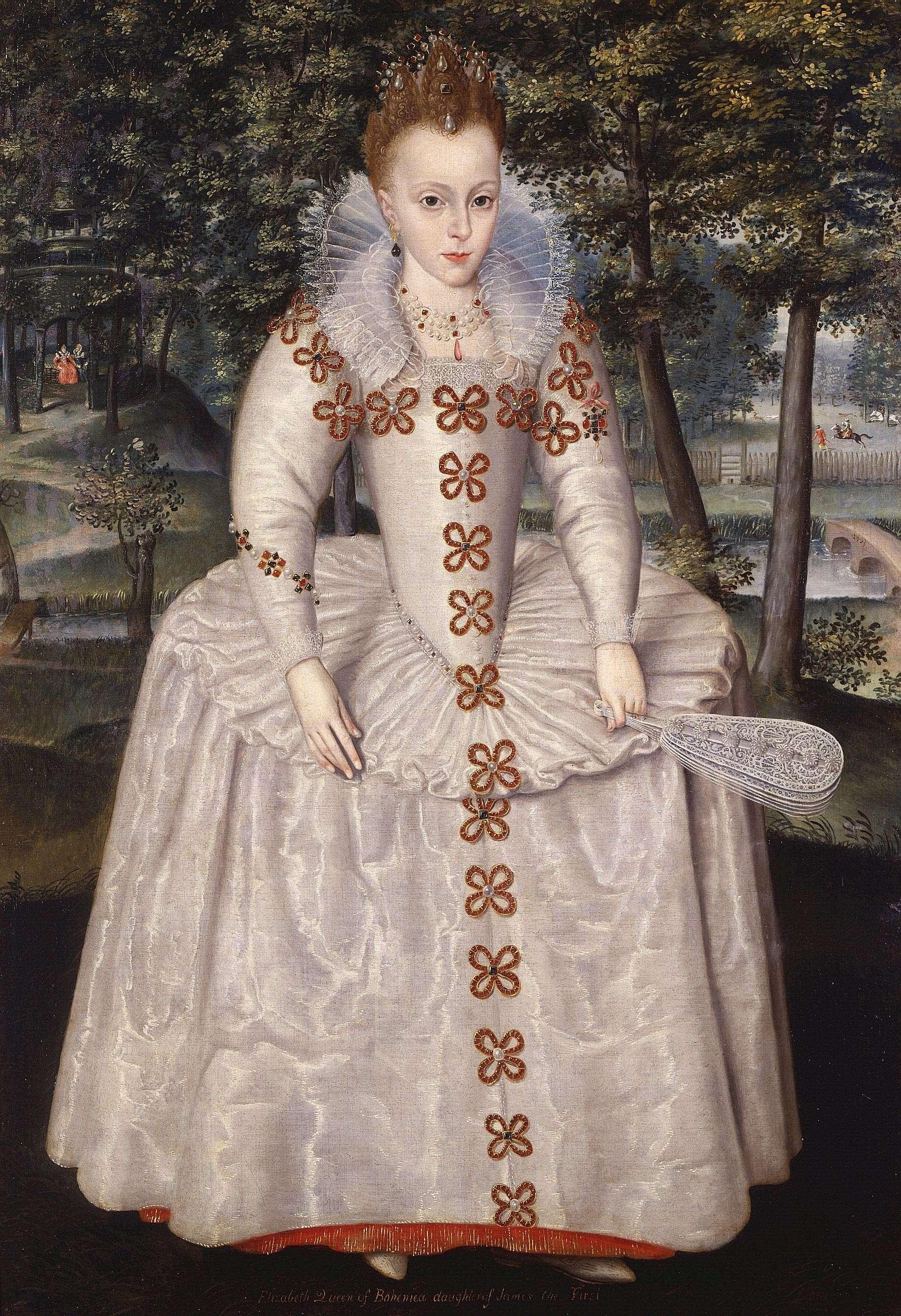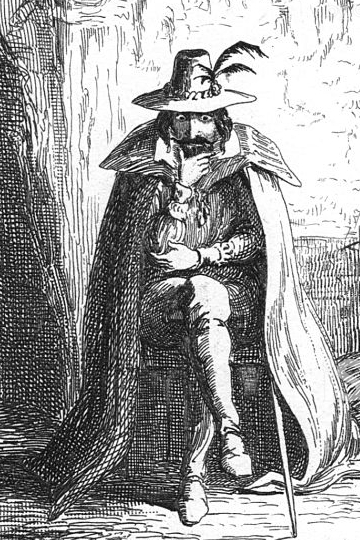The passion inherent with discontent and anger at established order can be constructively channeled in many ways, but it can just as easily be wasted as gunpowder can be said to be wasted on fireworks.
I can think of nothing more virtuous and right than to stand in protest of injustice against your fellow man. Use of the Guy Fawkes mask in modern protest, especially among a particular subculture using a very specific definition of the word “anarchist,” is the most laughable and dismissible aspect of what should be a righteous march. Even with the most shallow grasp of the historical events involved, it should be obvious that using that icon as a face for the masses is a lamentable mistake. The Gunpowder Rebellion – or Gunpowder Plot, as it is more accurately described due to it being a resounding failure – was an effort by Catholics who felt marginalized and persecuted by the Protestants to kill the current leadership and put in its place a nine-year-old princess who might have been more sympathetic to the Catholic cause.
 |
| Pictured: A wedding cake topper approved by God |
The means of this coup was to be several (perhaps 30, perhaps more) kegs of gunpowder piled beneath the House of Lords, to be detonated by one Guy Fawkes. Fawkes had been selected for this task by the actual leader of the rebellion, Robert Catesby, because of his decade of military experience presumably needed to light a bundle of sticks on fire. After being caught guarding the explosives, Fawkes actually succeeded in talking his way out of the situation by saying he was only guarding a stockpile of wood for his master. He then destroyed this small accomplishment by giving the guards the real name of a fellow conspirator, Thomas Percy, as his master, which aroused further suspicion since Percy was a known Catholic sympathizer. This blunder brought guards back to the same spot later that same evening, where they found Fawkes in his escape clothes with the means to set the firewood alight. Although several of his accomplices were eventually caught, tried, and hanged along with him, Fawkes' ineptitude at criminality is surely the only reason we speak his name today.
The selection of a failure for a
figurehead is not my only problem with the use of these dime store
masks during protest. I am fundamentally unable to understand the
reasoning and logic I assume is behind the decision to hide one's
face when speaking out. Hand in hand with this is my inability to
comprehend when the fight leaves the protest. The decision to speak out against
something is a wholly private and personal one. It is a conclusion
reached, rightly or wrongly, by your individual thought processes and
analysis of the evidence. It is an individual thing, carefully
nurtured into some semblance of order internally, hopefully through
logic and reason, until we decide we have an opinion that needs to be
shared (again, rightly or wrongly). What purpose can it possibly
serve to remove the fact that you are a distinct person? And why,
then, is that hard-won opinion so easily cast aside – or
momentarily forgotten, if you are more generous than I am – when
the conflict comes? Surely no one thinks that they will march against
the establishment and meet no opposition; why then do we consistently
see them scatter when they meet it?
 |
| Add Very painful, but reversible with treatment |
 |
| This is very painful, and does not wash off [(c) David Hoffman] |
If you don't want to show your face and you can't take a punch without running away, you don't deserve to protest anything. My armchair revolutionary contemporaries would be well served, I think, by watching video of the Poll Tax riots in London. It's worth seeing thousands of countrymen with locked arms speaking out without masks, without pretense. And when the police came, they fought brutally. It is unpleasant to watch a line of students get a eyeful of pepper spray, but it is gut-wrenching to watch a human get trampled by a dozen horses while other people try frantically to get the injured out of the way. The fight cannot stop once resistance is met, and it cannot truly start until we're willing to show our faces.


No comments:
Post a Comment